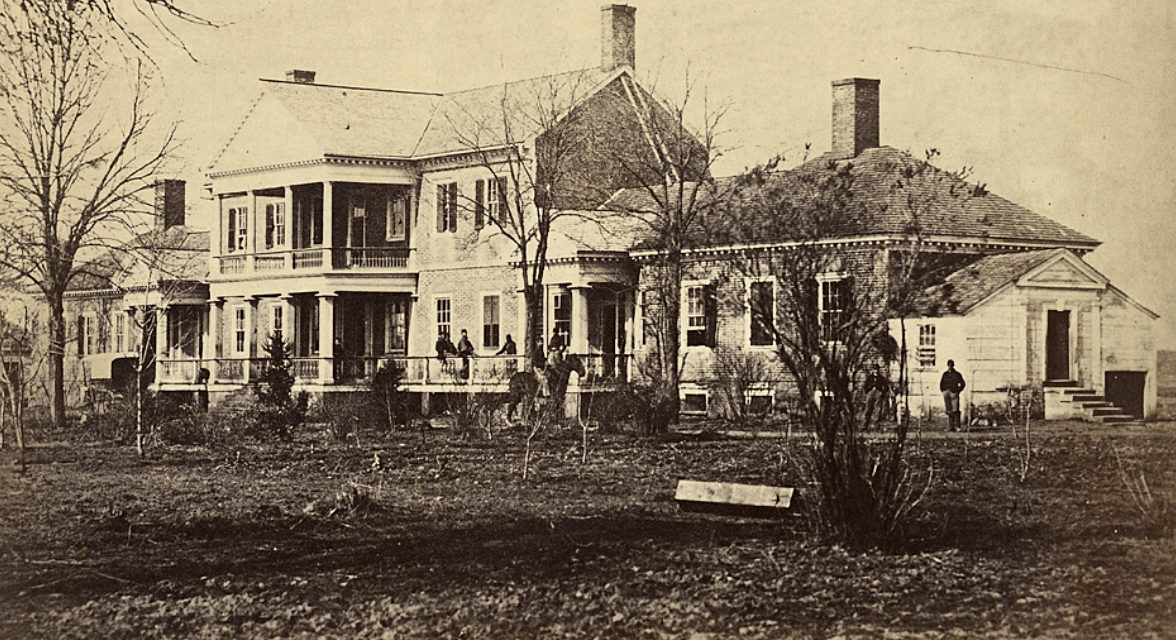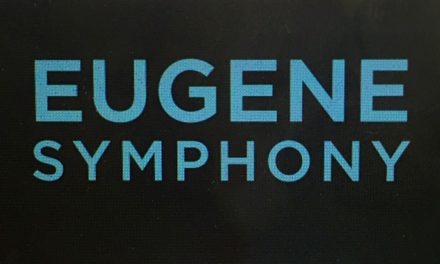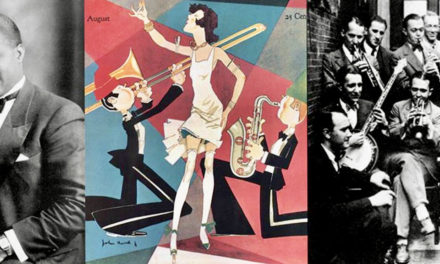By Randi Bjornstad
Ashley Hastings, now well into his 70s, grew up in a music-loving family, taking piano lessons and listening regularly to Metropolitan Opera broadcasts on the radio on Saturdays.
But when it came to growing up and choosing a career, instead of music he turned his attention to another way of listening, choosing instead to pursuing the study of language. He earned a doctorate in linguistics and made a career of teaching teachers how to teach languages.
It wasn’t until he retired and moved to Eugene that he rediscovered his penchant for music, especially opera. So first he became a volunteer with Eugene Opera, then served as a member of its board of directors.
Then, four years ago, he began to wonder if he could write music, and opera in particular.
“I had no idea — I didn’t know if I could or not,” Hastings said. “I had been thinking about ideas for operas, but it mostly was something to daydream about.”
The daydream is over, and he has finished a chamber opera titled Free Men. On March 6, he will meet with musicians and opera singers in a nearly sold-out workshop “to try it out informally and see what works and what doesn’t.”
He’s kept it pretty simple, just four characters and three scenes, and scored it just for piano.
“I wore three hats — as author, librettist, and composer,” Hastings said with a smile. “The creative team all sat in the same chair.”
In fact, he said, “I know the professionals can do it, but I don’t see how composers can take someone else’s libretto and set it to music. I’m totally an amateur, just taking it easy.”
He’d thought briefly about collaborating with other creators, “but it would be time-consuming to pass things back and forth and ask for changes,” he said. “And I’m too old to wait.”
Besides, “I wanted to come up with my own idea, and I thought of all kinds of things, and I knew I had always been really interested in the Civil War,” Hastings recalled. “I had read something about the prospects of soldiers returning to the South after the war, and one thing that struck me was that so many men had died that there was a huge shortage of eligible bachelors for all of the young women who needed to find husbands. That was the beginning of my idea.”
He centered his opera on the character of a young Southerner named Tom Chance, who was conscripted to fight for the Confederacy despite his opposition to both slavery and war. Tom, who had been badly wounded in combat, returned to find that his late father’s employer, a mill owner named Arthur Owen, was determined that Tom should marry Owen’s daughter, Celeste.
Despite the social advantages the match could offer, Tom Chance was determined not to marry Celeste Owen, and that created part of the plot quandary for Hastings.
“So I had to think about Tom and why he wouldn’t want to marry Celeste, and I came up with two possibilities,” the librettist part of the team said. “How could Tom get out of it? The first way was that he inherited a plantation of his own from an uncle, so he didn’t need the connection with the Owens. The second way would be that he was gay.”
Hastings used both plot points. First, he sent Tom Chance to the plantation to take charge of his new property. When he arrived, he found someone already living there — a newly emancipated Black man named Joe who had worked for Tom’s uncle and benefactor. The two realized they had met when both were children, and that Joe also was gay. The lure of companionship, love, and personal freedom was the start of their relationship, but two weeks later Owen and his daughter arrived and realized the relationship between Tom and Joe. Arthur Owen demanded that Tom immediately marry Celeste or he would have him prosecuted for sodomy and most likely imprisoned. He also threatened to have Joe lynched. In anguish and panic, Tom shoots and kills both Arthur and Celeste Owen, and the two men bury the bodies on the plantation.
Given both the racial and sexual aspects of the plot, Hastings worried whether “as an old white guy writing this story” his opera might be offensive in some way, “but I learned that there are sensitivity readers who can be hired to do this kind of evaluation.”
Among the readers who advertised their services online, he found Kayla Dunigan, “a gay, Black woman who specialized in literature of the South, and I sent her the libretto,” he said. “I was so gratified in her response — she gave it a good report.”
In fact, Dunigan called his opera “a tender tragedy that explores what love looks like when two people are placed in an impossible situation, and asks the question, ‘What does it mean to be free?’ ”
The part of Tom Chance in the March 6 workshop will be sung by mezzo soprano Hannah Penn, “I wanted to have two male and two female voices, and I thought the mezzo soprano voice might be more substantial than counter-tenor,” Hastings said. Bass/baritone Marcus Peterson will sing the part of Joe, with Phoebe Gildea as Celeste Owen and Carson Lott as Arthur Owen. The pianist is Sandy Holder, and the conductor is Daniel Cho.
Free Men in fact is Hastings’ second opera. He wrote one several years ago, based on a novel by a well-known science fiction writer, only to learn that there was a legal “hold” on the literary concept, meaning that someone had purchased the rights for several years to turn it into a movie or television show.
He also has a third opera in the works, titled The Dream, which he hopes will be ready for a workshop in the summer of 2022.
Free Men
Check ticket availability: https://www.cabalettaproductions.com/projects-1/project-one-n84g7

A snippet of the score of Free Men, an opera by Ashley Hastings







